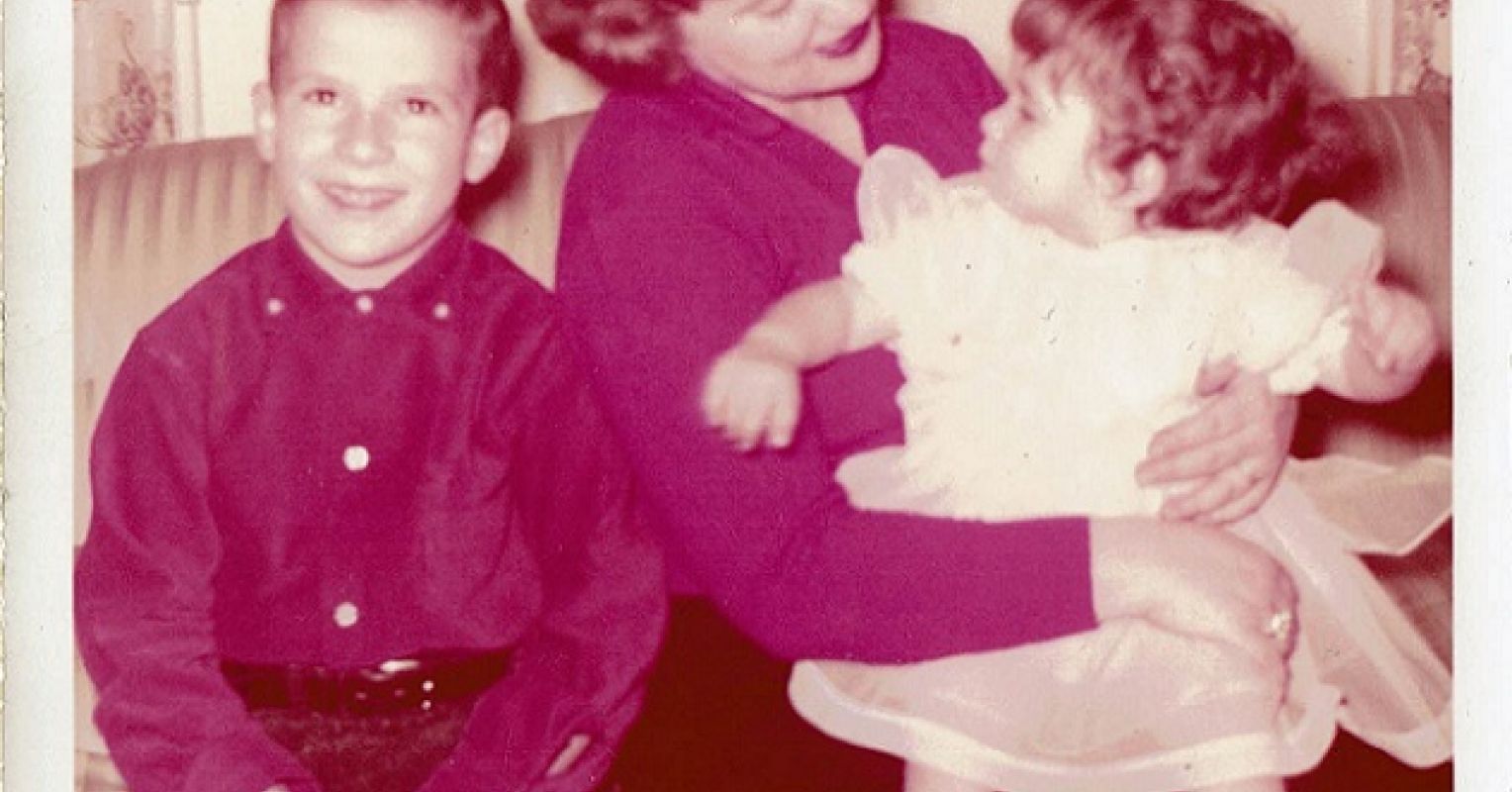
"As a young woman, oddly enough, I never doubted that I would have children. Women got married, had children, grew old, and then were cheerfully cherished by those children. That was the script I saw played in the domestic theaters, sometimes in real life but mostly on TV, and the one I rehearsed for myself. The thought of being childfree, childless, of not having children,"
"I never could have pictured it, and yet that's how my life worked out. People without children can be happier than people with children; people with children don't like to hear that. As someone who is now entering the start of life's final acts, I want to speak about the rarely discussed, shadowy, almost taboo topic of not having kids. Not having children is fine. It's actually a sort of secret relief."
"It's still daring to admit, however, that my authentic gut feeling when facing my own childlessness is, I got away with it. Possibly that's because one of the first questions women my age ask women my age is, "Do you have any children? How many? Grandchildren? How many?" Forget pickleball: In many groups, number of and proximity to progeny is what's on the scoresheet. So I thought it was time to make public"
A woman without biological children describes having stepchildren and reflects on societal expectations that women will marry, bear children, and be cared for by offspring. She recalls that the idea of being childfree once seemed unimaginable and selfish within that cultural script. She reports that not having children can bring secret relief and that people without children can be happier than those with them. She notes social pressure among peers who frequently ask about children and grandchildren. She expresses a candid, even daring, sense of having 'gotten away with it' and challenges assumptions about fulfillment tied to parenthood.
Read at Psychology Today
Unable to calculate read time
Collection
[
|
...
]